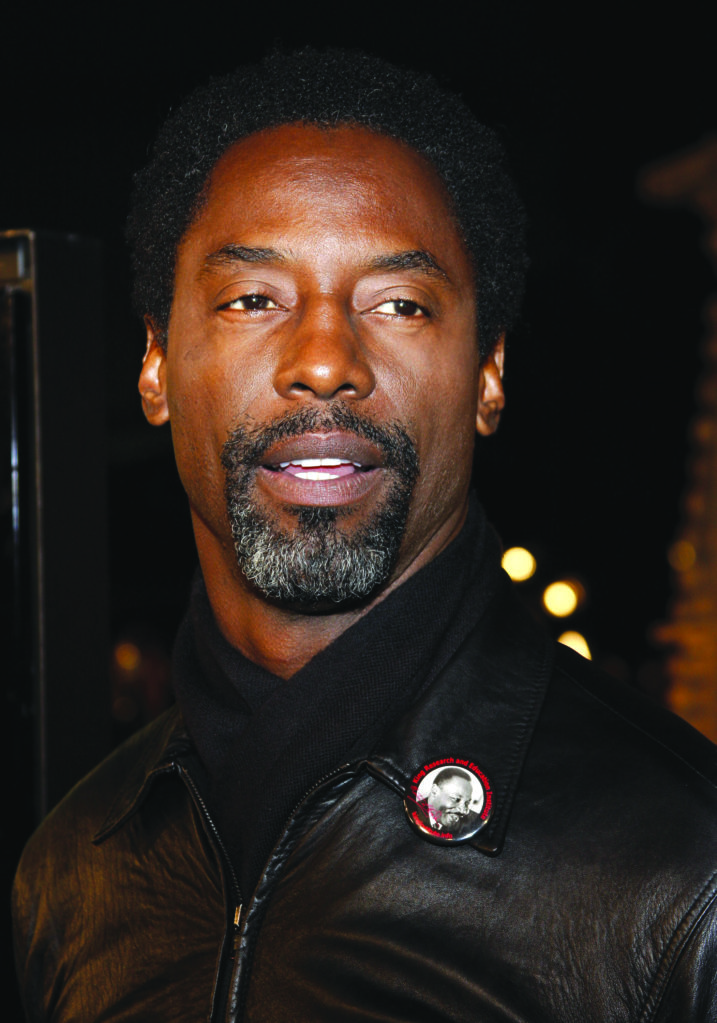If you don’t know where you’re from, you can’t know where you’re going. This phrase has never rung truer for thousands of African Americans who have embarked on personal journeys to trace their lineage beyond the shores of the United States (US), back to Africa.
Not since Alex Haley, the American-born Pulitzer Prize winning author of Roots, traced his genealogy to The Gambia in the late 1970s has there been such a thirst for this knowledge. The release of the movie 12 Years a Slave two years ago renewed the interest. Today, science elevates the searches according to Gina Paige, the CEO of African Ancestry, the company pioneering the tracing of ancestry in the US using DNA.
“Other companies can only determine whether an ancestry is African. [Our company] is the first to use the science of DNA to trace maternal and/or paternal ancestry, not just to Africa but to a specific present day African country of origin and ethnic group,” says Paige.
Celebrating its tenth year, the African American-owned firm Paige co-founded with geneticist, Rick Kittles, utilizes its DNA database of more than 25,000 indigenous African samples from nearly 400 African ethnic groups representing 35 African countries. This allows for a high level of detail, accuracy and confidence in its assessments.
The tests use cheek swabs and results are delivered electronically in around six weeks.
“We successfully determine ancestry over 99 percent of the time,” says Paige.
“We find identical matches for approximately 85 percent of the people we test. For the remaining people, we find closely related lineages with greater than 95 percent confidence.”
The firm’s results have impacted the lives of more than 150,000 African American families, individuals, and global icons including Oprah Winfrey, US Ambassador Andrew Young, Condoleezza Rice, Martin Luther King, Jr., posthumously; Oscar-winning actors Louis Gossett, Jr., and Whoopi Goldberg; and Grey’s Anatomy actor Isaiah Washington, who became the first African American to receive dual citizenship as a result of DNA confirmation.
Not only do the DNA results change the lives of African Americans connecting with their past, they also boost the economies of the newfound African homelands through philanthropic and investment efforts from their long lost citizens.
Security specialist, Brian Williams, used African Ancestry to trace his lineage to the Ga tribe of Ghana. Six months later, he traveled to the West African nation in search of his people.
“During my first visit, I saw an elder who looked identical to my aunt who raised me. I saw her in a marketplace and couldn’t take my eyes off her. The guide brought me to her and she explained in her native language that I looked like her grandfather who was sent to the States and never came back,” he says.
“She introduced me to a group of elders and a linguist who started asking me questions. They accepted me into their group and put me through a traditional naming ceremony. Before long, I was enstooled as Chief Nii Arde Anum I, the Noa Mantse (development chief) of three Ghanaian villages.”
Still living in the US, Williams visits Ghana every three to four months to fulfill his chiefly duties of building up the visibility of the villages and collecting much-needed education supplies.
“On my second trip to Ghana, a man who sat one seat away from me on the plane told me he purchased a hotel in Cape Coast, located about two hours outside of the capital city of Accra. Three months later, I invested in the hotel and became head of security,” says Williams.
He is now CEO of the oceanfront Sanaa Lodge hotel. He has also created a business venture and school that trains security professionals throughout the country.
Randy Williams, who is unrelated to Brian, decided to not just go back but to give back after tracing his lineage to the Fula people of Guinea-Bissau. A truck driver by trade, Williams started the non-profit organization, From Your Heart to the World, using his own money and donations.
“Taking the ancestry test was initially all about finding my purpose. Then, after I visited, I said, ‘I gotta do more,’” he says.
He collects clothing, educational supplies, toys and medical supplies and ships it to the needy parts of the country.
“Our clients have built schools, created businesses and invested not just in their African brothers and sisters, but also Africa’s economy. It’s why we are serious about helping people better understand who they are,” says Paige.
African Ancestry is not restricted to tracing lineages from Africa. It also introduced myDNAmix, a product that determines ancestries from Native Americans, East Asia, Europe and India.
For 10 years and counting, African Ancestry is filling in the holes in people’s history and reconnecting them to the continent.
